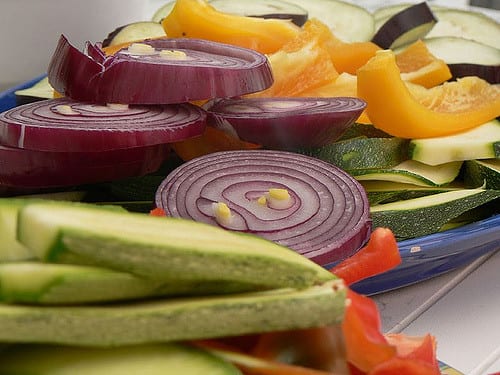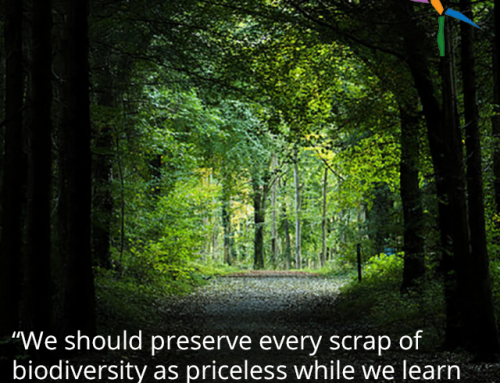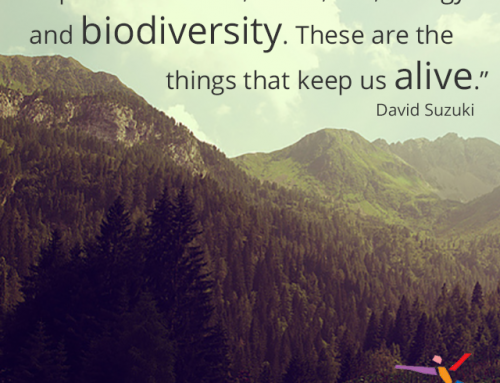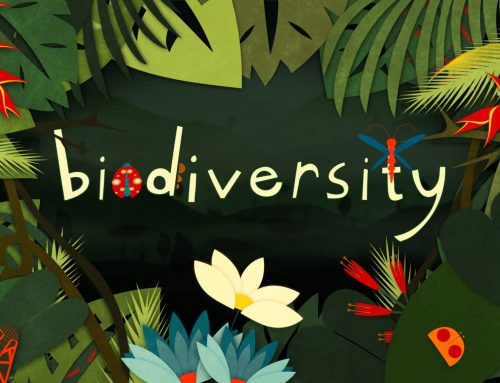We would never tell you what to eat or how to eat! But it’s no secret that the Posconsumers team thinks that there’s value in going meat-free or in reducing meat in your diet. We’ve previously touched on the topic of the massive carbon footprint of meat in specific relationship to the fall and winter holidays. And there’s certainly no shortage of eco-friendly food tips on Postconsumers that are directly related to vegetarianism. But we’ve never truly approached making a dietary decision based on your eco-friendly and environmental beliefs. Because not every choice has to be about what tastes delicious, or your health, or what’s trendy.
The Hard Fact: Meat Has a Big Carbon Footprint
Livestock farming produces 20% to 50% of all man-made greenhouse gas emissions. That’s right. You’ve been worried about your car and your fossil fuels to heat and cool your home (and those are very real things to be concerned about), but if you’re eating meat you’re financially contributing to the single biggest greenhouse gas emissions industry in the world. Just ponder for a moment …
Everything That Goes Into Producing Meat!
To begin with, to produce meat, means that you need to somehow produce the food that feeds the livestock that later becomes the meat. This is actually the biggest offender in the pyramid of events that leads to the carbon footprint of meat. Food has to be grown (usually corn) for the livestock. Then it needs to be harvested. Then it needs to be processed into food that the livestock can eat. All of this takes fuel, fertilizer and energy for the harvesting and processing (not to mention water, but that’s a separate issue). Then the food needs to be transported (food miles for food, really) to the animals. The animals are creating their own carbon footprint, albeit small, just by existing. But then they need to be slaughtered (hopefully humanely) and then processed into meat product. At the end of all of that, they need to absorb their own food miles and packaging waste to be shipped. And, as we all know, meat cannot be stored without being refrigerated, so add that to the carbon footprint. That’s a lot of planetary stress just so you can have a steak. And we’re not saying don’t have a steak. We’re saying understand what goes into that steak.
Of Course, If You Give Up Meat …
Then you bypass so much of this greenhouse gas emission issue related specifically to meat. Of course, we don’t want to pretend like eating a vegetarian diet comes along with a carbon footprint of zero. Even growing your own food in your back yard takes resources away from the planet, that’s the cycle of life. There’s no way to eat without creating greenhouse gases. However, there are choices that you can make, such as going vegetarian, that will reduce the impact that your food consumption has on the earth overall.
And, Of Course, You Don’t Need to Go “All The Way”
You love steak and chicken wings. We get it. Most of the Postconsumers staff isn’t vegetarian. They’re more “flexitarian,” which is a real thing. The idea is that we (and many other people) understand the harmful impact of meat on not only our bodies but also our planet. So while the bulk of a diet is vegetarian, if somebody wants some meat then they have it (though we will concede that most of the flexitarian meat eaters we know are excessively picky about how their meat is raised and where it comes from). Everything in life has a scale of impact. If you’re eating meat for three meals a day plus a snack in between, then you’re really harming the biosphere (and yourself). But if you, for example, cook meat in your home once per week and then order it freely when out for dinner, your impact is dramatically lessened.
What’s The Takeaway? Be Mindful of More Than Your Body’s Health When Making Diet Choices
It’s not just your body that’s impacted by the food that you eat. It’s also the planet. We’re not telling you what to eat or how to eat at all. We promise. We’re not judging you for what you eat. But what would make us elaborately happy would be for you to think mindfully about what you’re eating and not only how it fits into your personal health goals but also how it ethically fits into your beliefs about the earth and greenhouse gas emissions. But believe us. We get it. Sometimes a person just needs a burger!
Did we miss a point about the eco-benefits of becoming vegetarian? Tell us about it on the social media channels below.
Facebook | Twitter | Instagram | Tumblr | Pinterest | Google+ | Medium





